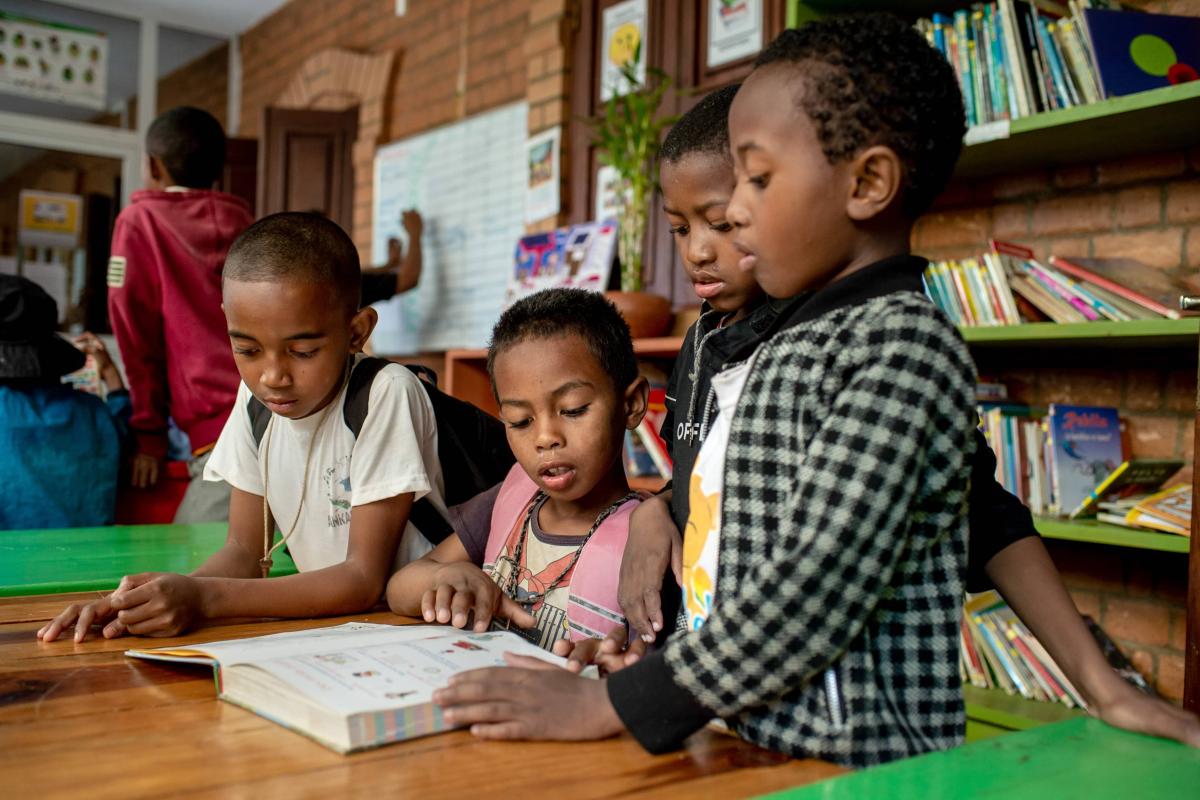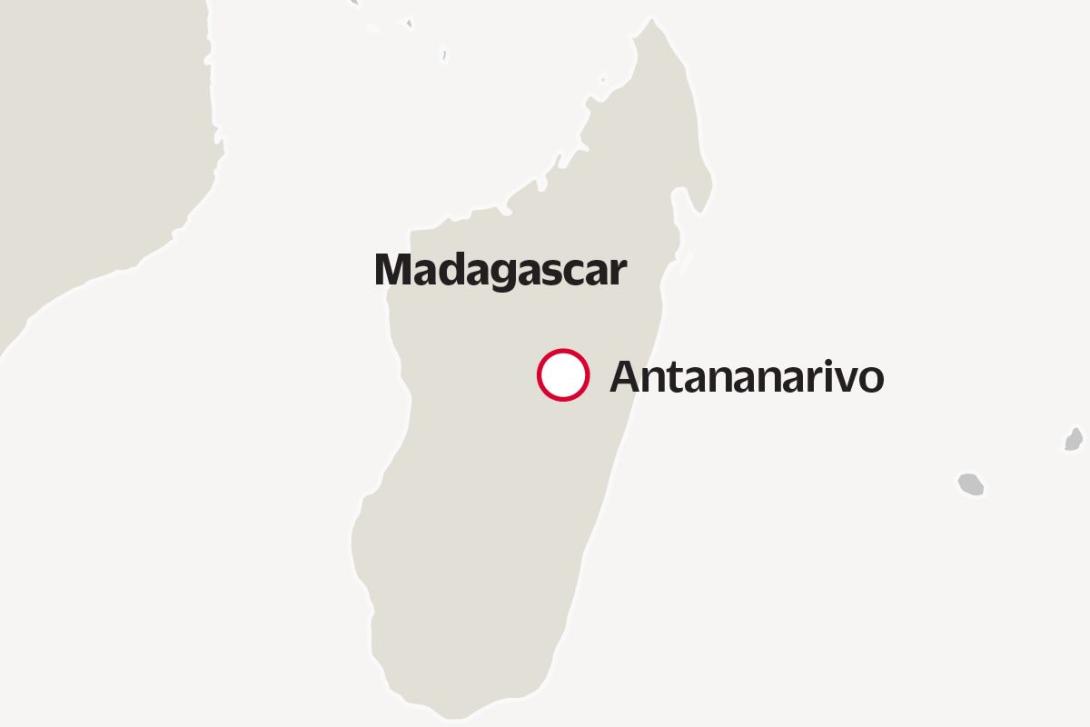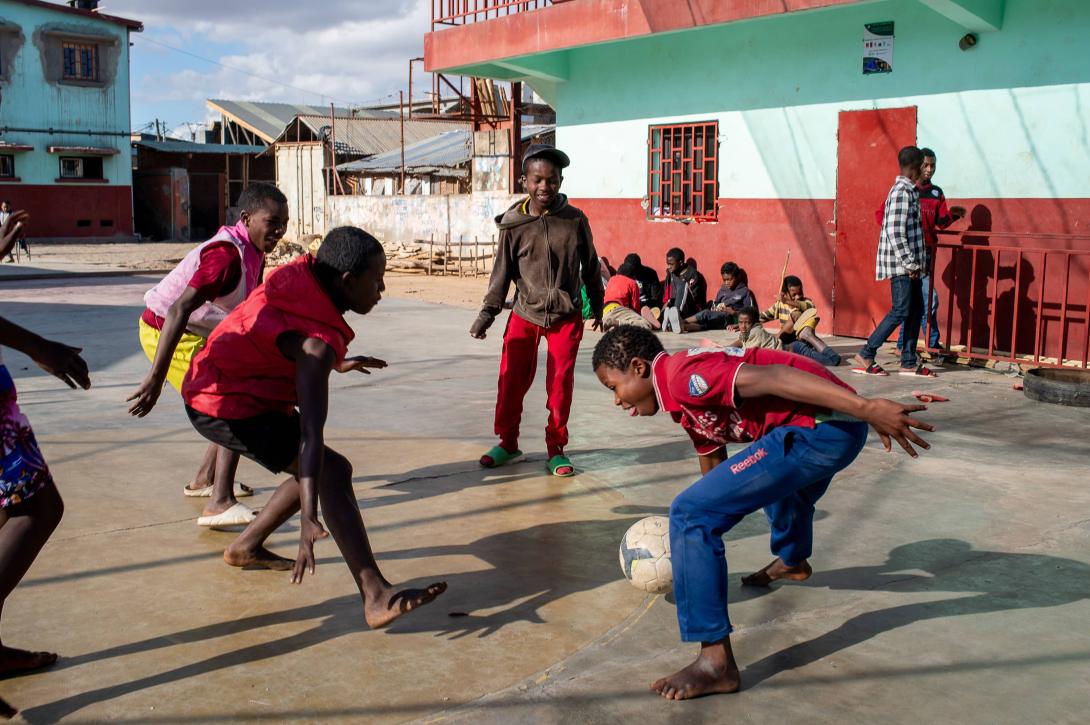Sandratra : Care and educational and professional integration of children in street situations



In Madagascar, the impact of the COVID-19 pandemic, combined with various other factors, has led to a severe recession that has pushed the poverty rate to a record high of 81% of the population (source: World Bank).
Among vulnerable groups, children remain the worst affected. In 2015, a study commissioned by the PFSCE found that there were more than 23,000 children in street situations in Antananarivo. A new study carried out in 2021 as part of the present project identified the five main issues facing street children: rape and sexual assault, violence and theft, alcoholism and other addictions, and stigmatization.

The five partners in this project complement each other. All aim to provide a safe haven for children in street situations, care for and educate them, promote their social integration and raise community awareness of their rights.
The goal of the Sandratra (Living in Dignity) project is the social and economic reintegration of children in street situations in Antananarivo. Its main activities involve caring for these children and reintegrating them into society through vocational training. It also strengthens the capacities and teamwork of front-line personnel. The children, young people and their families are provided with the tools to achieve greater independence. Care and support are tailored to each individual’s background, taking into account gender specifics. The project partners also receive support in improving the quality of the care they provide to ensure the sustainability of their collective action.